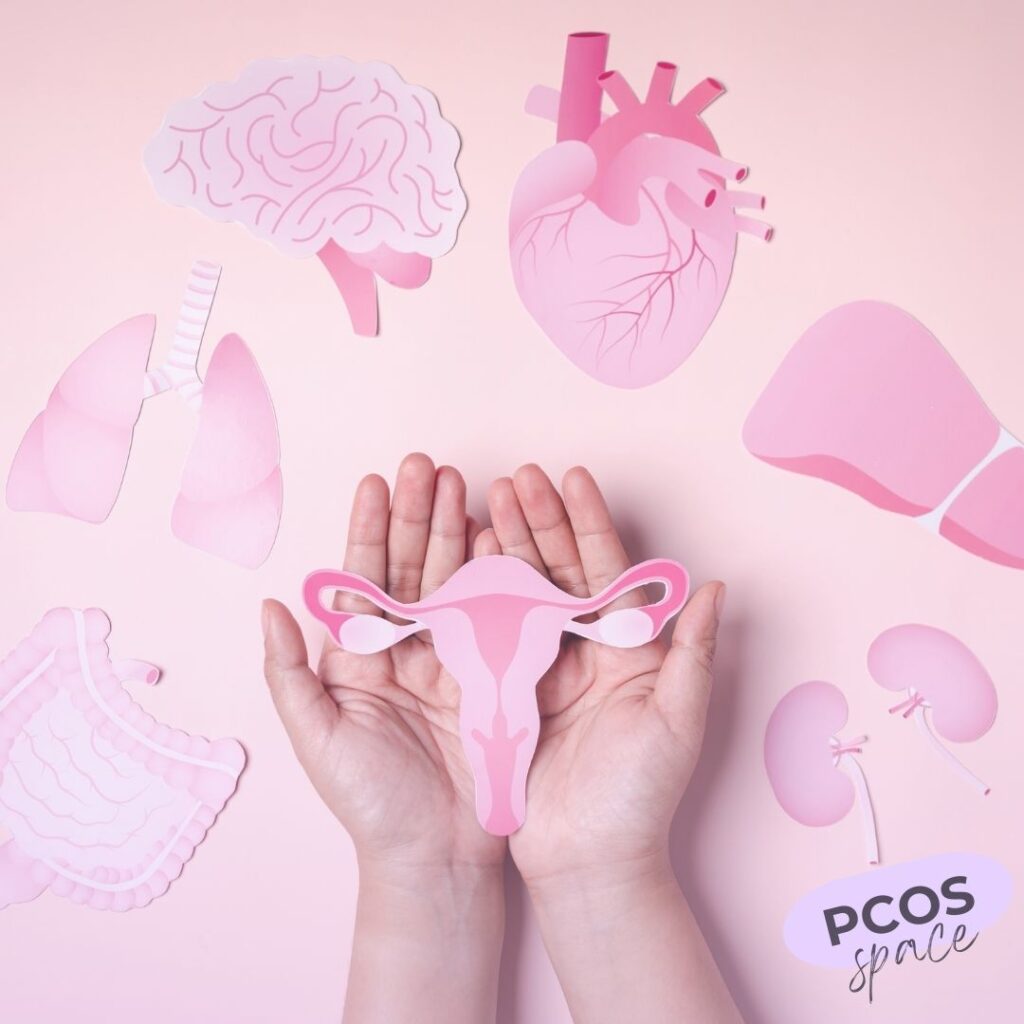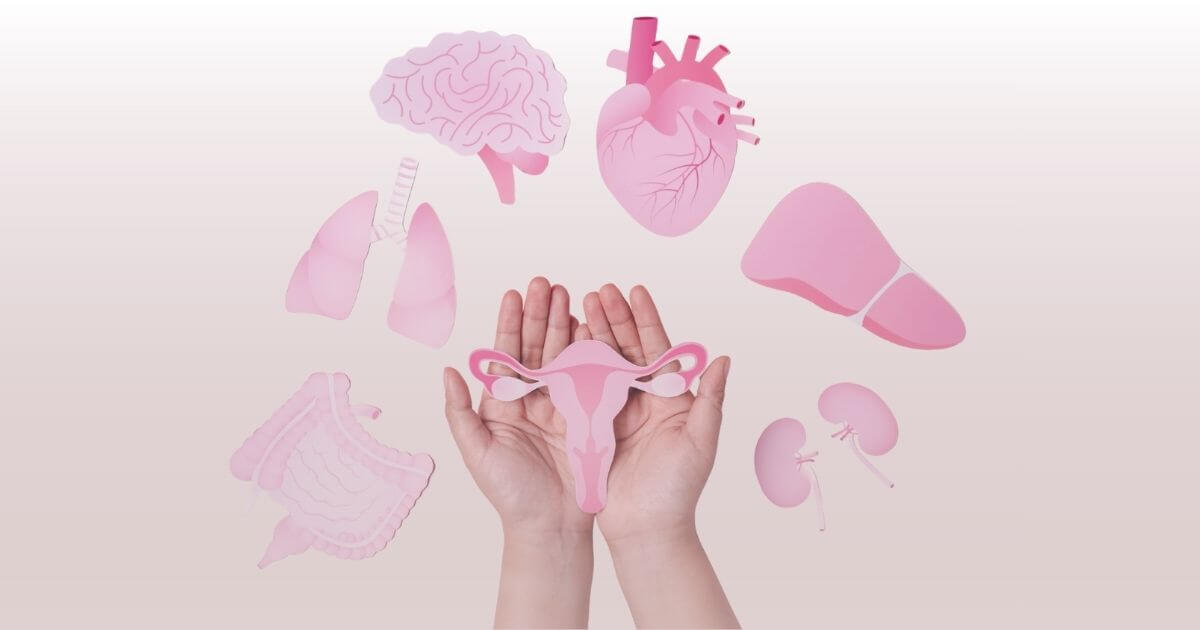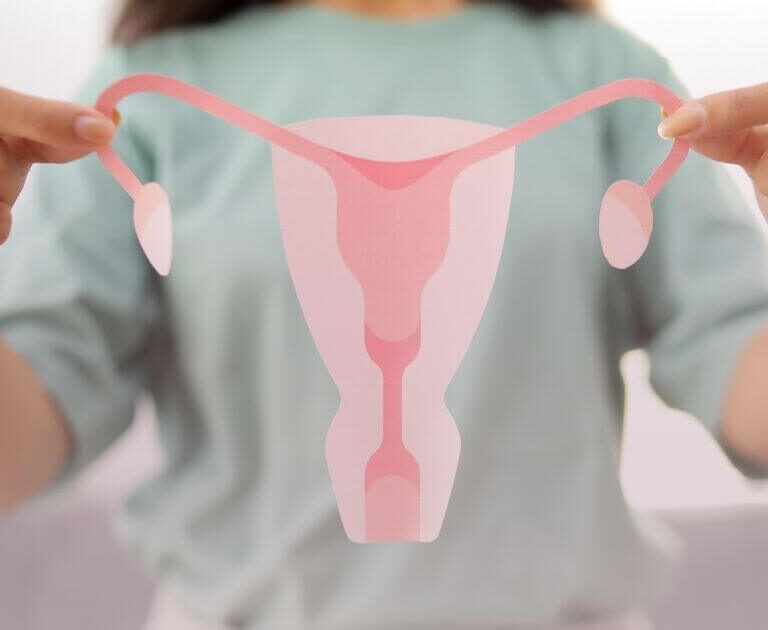Polycystic ovary syndrome (PCOS) is one of the most common hormonal disorders in women of reproductive age. Although it is primarily associated with irregular menstrual cycles and hormonal imbalances, it’s important to remember that PCOS affects the entire body and has an impact on daily well-being.
PCOS Symptoms – How Do They Affect Health?
- Irregular Menstrual Cycles
One of the most characteristic symptoms of PCOS is irregular periods, caused by ovulation disorders. This can lead to fertility issues and, in the long term, increase the risk of other health conditions.
- Hirsutism (Excessive Hair Growth)
Excessive hair growth on the face and body, often linked to elevated androgen levels, can be a source of emotional distress for many women. It can negatively impact self-esteem, ultimately reducing the quality of life.
- Skin Problems
PCOS often manifests through dermatological issues such as acne and oily skin. These problems can lower self-confidence and contribute to mental health challenges.
- Weight Gain and Insulin Resistance
Many women with PCOS struggle with maintaining a healthy weight, often due to insulin resistance. If left unaddressed, this can lead to overweight or obesity. These metabolic disturbances not only affect physical health but also influence body image and self-perception.
- Fatigue and Sleep Problems
Hormonal imbalances and nervous system dysregulation can cause chronic fatigue and difficulties with body recovery. Women with PCOS often report persistent tiredness, which affects daily functioning and reduces both physical and mental energy levels.

PCOS Statistics
- 1 in 10 women worldwide are affected by PCOS.
- 70–80% of women with PCOS experience irregular periods and ovulation problems.
- 70–80% of women with PCOS struggle with insulin resistance, which increases the risk of type 2 diabetes.
- 40–60% of women with PCOS experience anxiety disorders.
- Women with PCOS have twice the risk of developing depression.
These statistics underscore the widespread impact of PCOS on women’s physical and mental health, highlighting the need for proper diagnosis and management.
PCOS is more than just “fertility issues.” It affects many aspects of life—physical, mental, and emotional. PCOS increases the risk of several serious health conditions, which is why it’s so important to pay attention to the signals your body is sending and respond to them appropriately.
By taking a holistic approach to caring for both your body and mind, you can improve your health and well-being.
Take care of yourself!




